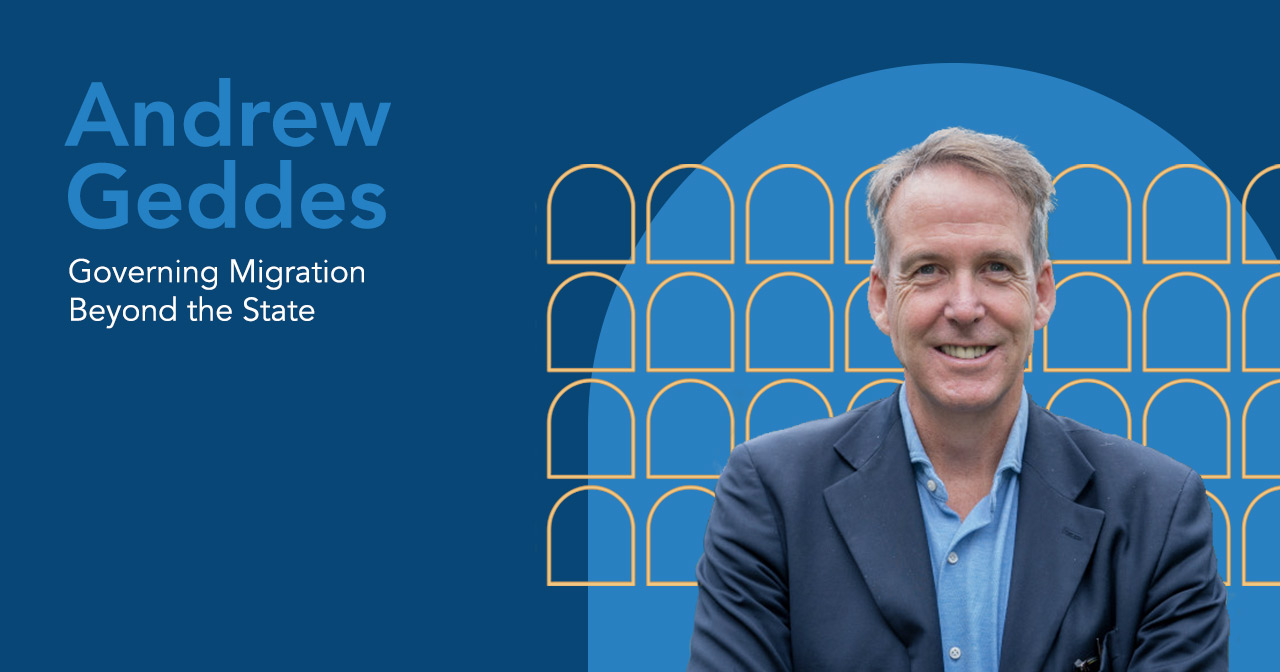Migration governance occurs in the shadow of considerable uncertainty about the causes and effects of migration. Facts matter, but so too do values and beliefs. International migration in its various forms and for varying motives is caused or driven by changes in underlying structural factors such as economic or political changes that can be amplified and powerfully influenced by social factors such as the role of kin networks, by demographic factors and also, of course, by the highly significant effects of climate change. But these changes are highly complex, uncertain in their effects and require interpretation.
Governance actors have to make sense of these potential drivers. What’s more, they often must do so in situations where time is short and where there can be a political demand for something to be done. This sense of urgency may lead migration governance actors to: look back and learn from past experiences; be powerfully influenced by what they have seen or heard from various media sources; or be influenced by public attitudes towards migration. Accordingly, (mis)judgements, (mis)perceptions and (mis)understandings matter.
This does not mean that migration governance is just something that occurs in the minds of migration governance actors, because there are powerful structural changes that can cause international migration. What it does mean is that the causes and effects of these changes require interpretation. This is why migration governance necessarily rests on understandings at a conceptual level of what is going on ‘out there’?
This a part of an article by Andrew Geddes.
